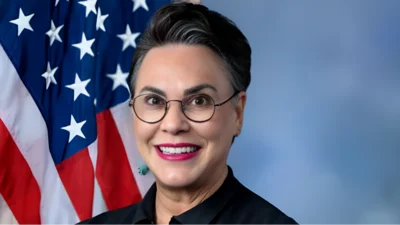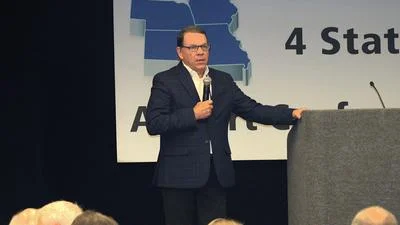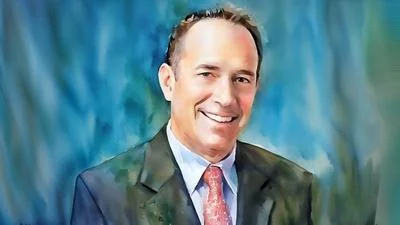Seattle - U.S. Attorney Brian T. Moran today recognized the important role of victims and victim advocates in the criminal justice system, as part of National Crime Victims’ Rights Week. The first victims’ rights week was declared in Philadelphia in 1975 and became a nationally recognized week with a declaration by President Ronald Reagan in 1981. This year April 19-25 is National Crime Victims’ Rights Week.
“The evolution of the rights of crime victims in the criminal justice system is a relatively recent development, and one that is critically important," said U.S. Attorney Moran. “This week allows us to highlight important messages: Victims will be informed, heard, consulted and respected at all phases of criminal prosecutions. We encourage reporting crimes to law enforcement so that we can provide services and protect victims’ rights."
In the Western District of Washington, a dedicated team of victim advocates makes sure crime victims are consulted, connected to resources, are notified of each hearing, and are able to participate as much as they want in the criminal process. Whether it is a crime of fraud or a crime of violence, victims can suffer major life disruptions and ongoing trauma. Some fear they will not be believed or may even be blamed for falling victim to a crime.
For victims of financial fraud, such as those who fell prey to Keenan Gracey, being a crime victim was a new experience. “I had never been a victim of a crime. It was scary, I felt violated… But I felt (the victim witness specialist) was going to fight for me. I felt like I knew what to expect," Laurie said.
Laurie’s son Jason adds, “I got a lot out of it, learning what was happening with the case. I felt like I was actually part of it…. I was able to have my voice heard and I was able to positively contribute to the justice system… By showing up and voicing my opinion it allowed the judge to see the true impact of this crime on the community."
Both say that by being involved in the justice system and speaking up, they gained closure. “It can happen to you and if it does, speak up and fight back to help the next person who could be victimized by the scheme," Laurie said. Jason adds “You will feel supported and you will reclaim your strength. It allows you to heal and do so safely."
The focus on victims’ rights began in the late 1970’s, and the protections were codified federally in the Victim and Witness Protection Act of 1982. Over the years, there have such as the establishment of DOJ’s Office of Victims of Crime (OVC) in 1983, passage of the Violence Against Women Act in 1994, the creation of the FBI’s internet crime site Ic3 in 2000, DOJ’s StopFraud.gov in 2010. As recently as 2019, victim rights were key considerations in the establishment of the Presidential Task Force on Missing and Murdered Native Americans and Alaska Natives, and the Debbie Smith DNA Backlog Grant Program.
The Office for Victims of Crime, part of the Justice Department’s Office of Justice Programs, supports more than 7,000 local victim assistance programs and victim compensation programs in every state and U.S. territory. Funds for these programs come from the Crime Victims Fund, which is made up of federal criminal fines, penalties, and bond forfeitures.
During National Crime Victims’ Rights Week, victim advocacy organizations, community groups and state, local, and tribal agencies traditionally host rallies, candlelight vigils, and other events to raise awareness of victims’ rights and services. This year, due to COVID-19, many communities are organizing virtual gatherings and online public awareness campaigns.
To learn about victims’ rights and options call 855-4-VICTIM or visit VictimConnect.org.
Source: U.S. Department of Justice, Office of the United States Attorneys







